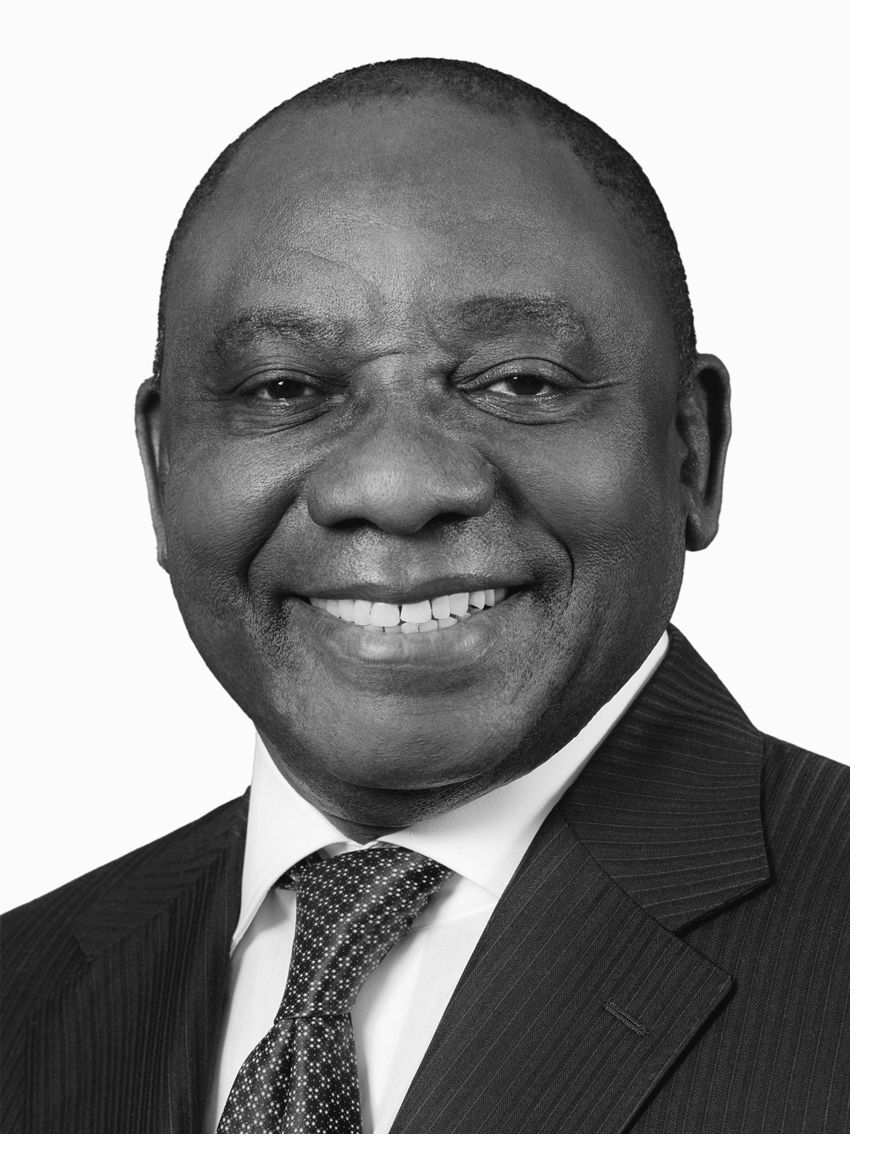Speaking Points for President Cyril Ramaphosa at the High-Level Breakfast Meeting on Gender Equality and Women's Empowerment in Africa

Your Excellencies, Heads of State and Government,
AU Champions for various portfolios,
Key institutions in charge of women,
Women leaders in different sectors,
Youth leaders,
Distinguished Guests,
I am pleased to have been afforded the opportunity to address you briefly this morning.
We are meeting here to define an innovative and cooperative set of actions to accelerate the implementation of gender equality and women’s empowerment initiatives that are both sustainable and impactful.
I also understand that you plan to officially launch the African Women’s Leadership Fund led by the African Union Commission and the UN Economic Commission for Africa. This is indeed a positive development that must be welcomed.
SOUTH AFRICA’S AU CHAIRSHIP AND WOMEN IN AFRICA
• Context - Gender inequality persists; women and girls shoulder the global and continental burden of poverty while violence against women continues unabated; this increases during times of conflict. Women face barriers to accessing productive and economic resources because of the entrenched biases in financial, market, agricultural and legal systems. Discriminatory laws still abound.
• 2020 will also coincide with several important milestones in the continent and globally on gender equality including the Beijing +25 Review and the Generation Equality Forum and the conclusion of the Decade of African Women. It is also the final year of the commitment made in Agenda 2063 of ensuring 50% of women’s representation in decision-making by 2020.
• South Africa’s agenda will focus on the following:
1. Women’s financial and economic inclusion
2. Violence against women (gender-based violence)
3. Accountability to Global Gender Commitments
• There are solid partnerships to deliver on the ambitions South Africa hopes to achieve during its chairship, while building on past successes and ongoing initiatives. This will also ensure the sustainability and scaling up of the areas tackled during our Chairship.
• Heads of States have the power to make catalytic change at national level that will have multiplier or positive ripple effects on the continent.
• For example to attain women’s financial inclusion and economic empowerment, we must look beyond “micro-finance solutions” and invest in solutions that target the full range of constraints that women face in growing their businesses.
• “Public and private procurements account for 30% of the GDP of many countries in the continent but the share of women owned-businesses is less than 1%, yet Agenda 2063 calls for the allocation of at least 25 per cent of public procurement to be for women-owned businesses.
• South Africa calls on Member States to actively participate in the Beijing + 25 celebrations such as the Gender Equality Forums, as well as global and regional sessions taking place.
• South Africa will host a session in July 2020.
• We propose a 5-point Action Plan that will be accompanied by a detailed programme.
1. We will invite Member States to declare the years 2020 – 2030 as the Decade of African Women’s Financial and Economic Inclusion - with goals and targets.
2. We will ask all Member States commit to Preferential Public Procurement Legislation requiring 30% of all government procurement go to women owned businesses, and adopt an annual monitoring framework for the same.
3. We will ask Heads of States commit to lead from the front, and redouble efforts to end gender-based violence.
4. Member States through the AU will be asked to endorse holding an Africa Conference on Violence and Sexual Harassment, leading to an AU Convention on Violence Against Women.
5. We will ask the Member States repeal all discriminatory laws by December 20206. We will advocate for All AU Member States to commit to ratify the ILO Convention on Sexual Harassment by December 2020.
7. We will encourage all AU Member States commit to gender parity in national cabinets and gender equal parliaments by 2030.
We thank you very much for allowing us to share with you the programme of action and we sincerely hope that you will work with us to make it a reality.
I thank you.




